Impact Measurement and Management
IDEAS has a major emphasis in consulting and training on impact investment in the developing world. It advises and does evaluation of each of the entities in whole investment value chain. IDEAS has played each of these roles so understands the process thoroughly. It also has created each of these types of entities. Who better to be a consultant or evaluator than one that knows the actors and their interrelations on different continents?
We actively participate in impact evaluation as members of the Social Impact Measurement and Management Task Force of the American Evaluation Association and have been chosen as experts to teach workshops in several national meetings. We are members of the Atlanta Area Evaluation Association, Social Value US and Social Value International. We participate with the Global Impact Investment Network, IRIS+, ImpactAlfa, Impact Entreprenuer, Catalyst 2030, Georgia Social Impact Collaborative, EvalCommunity, Socap, among others.

 Español
Español
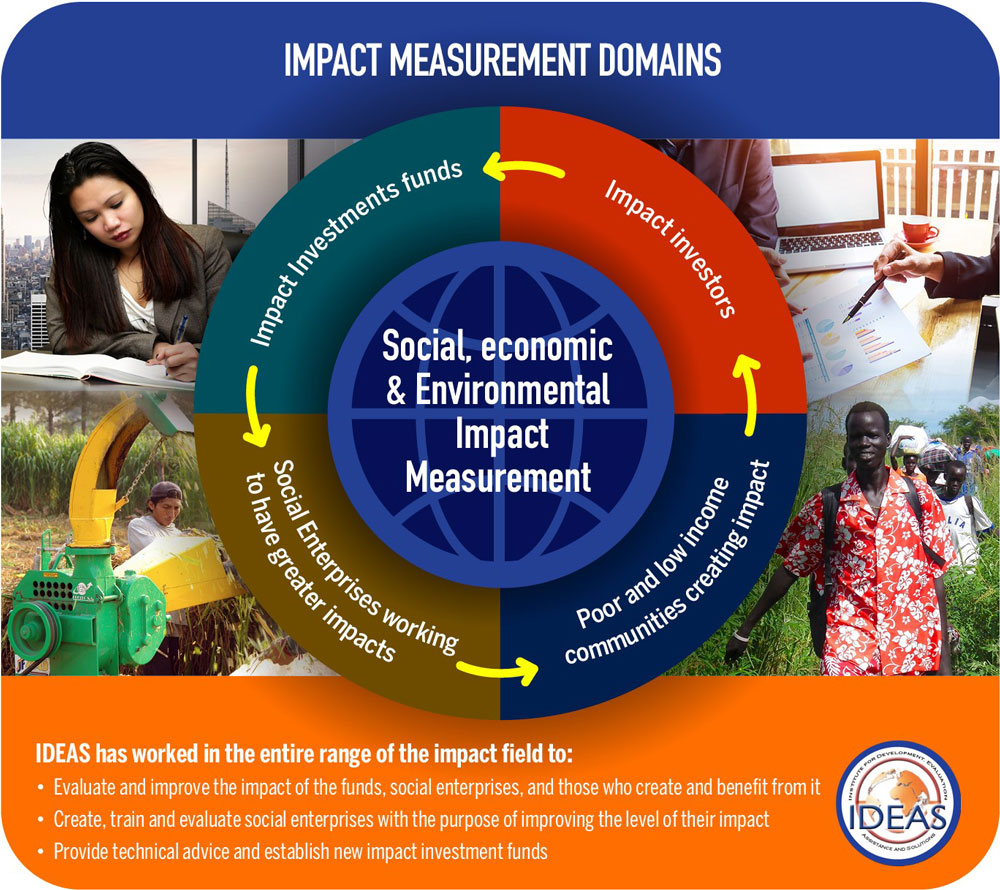
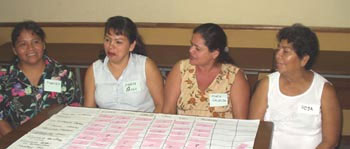

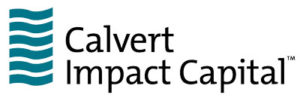


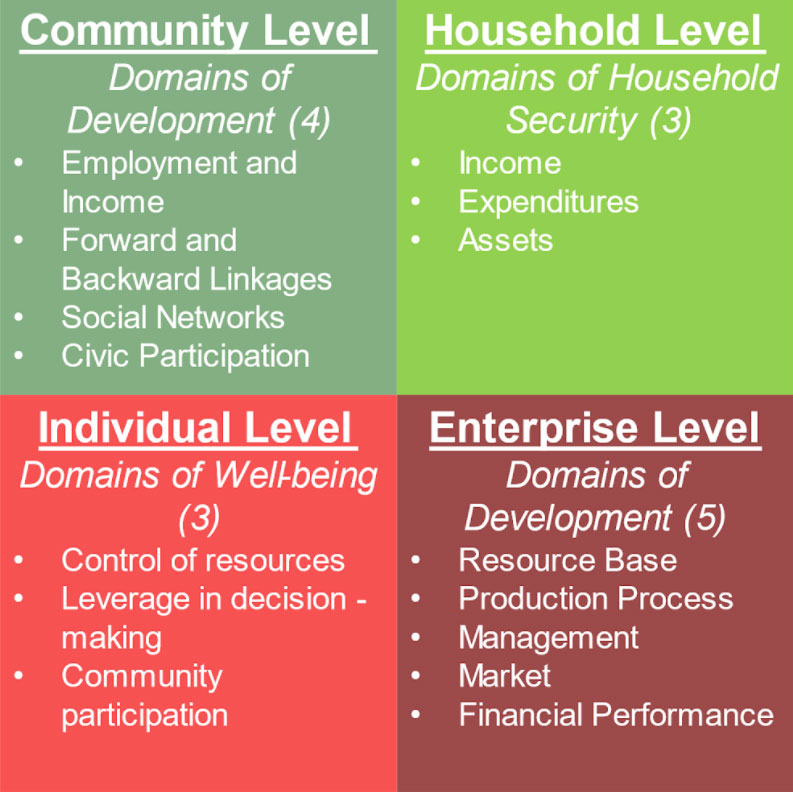
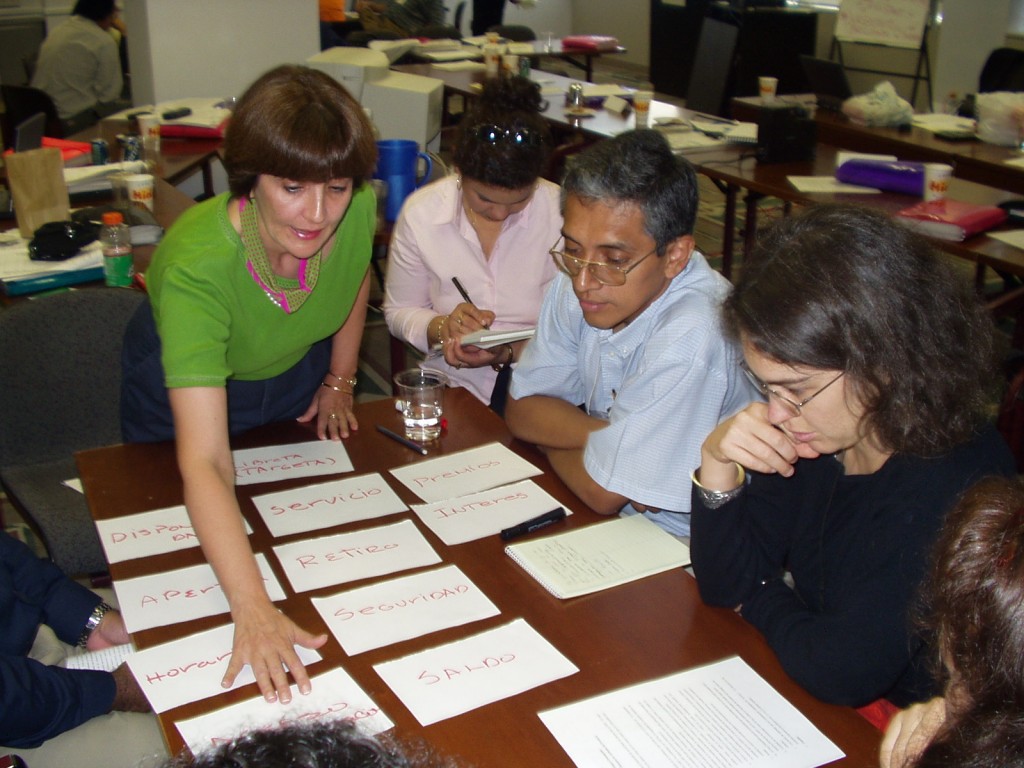
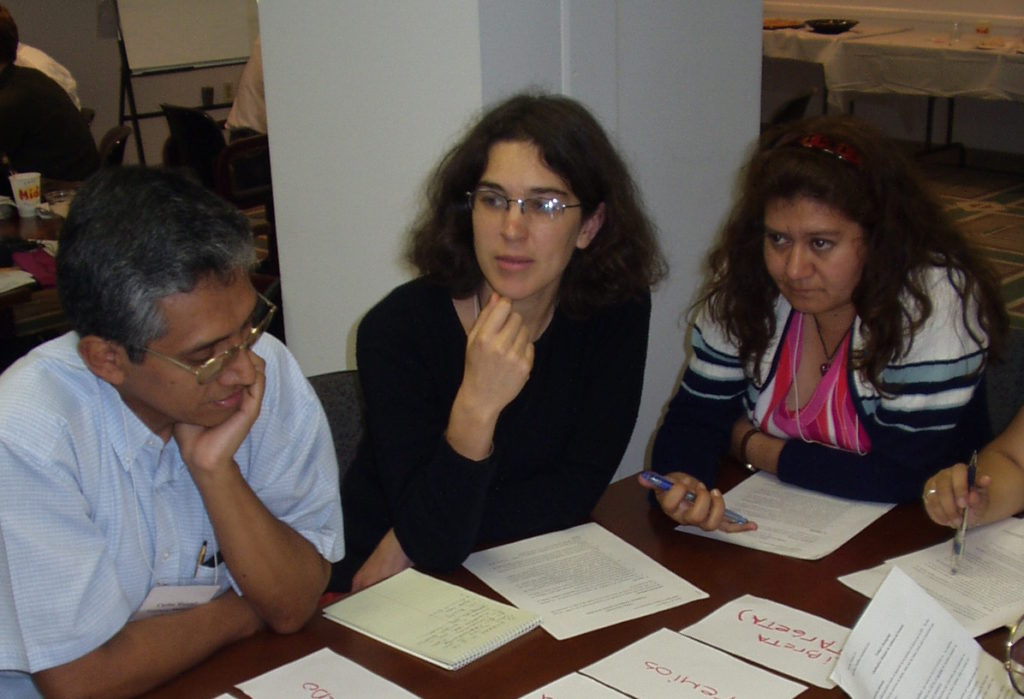
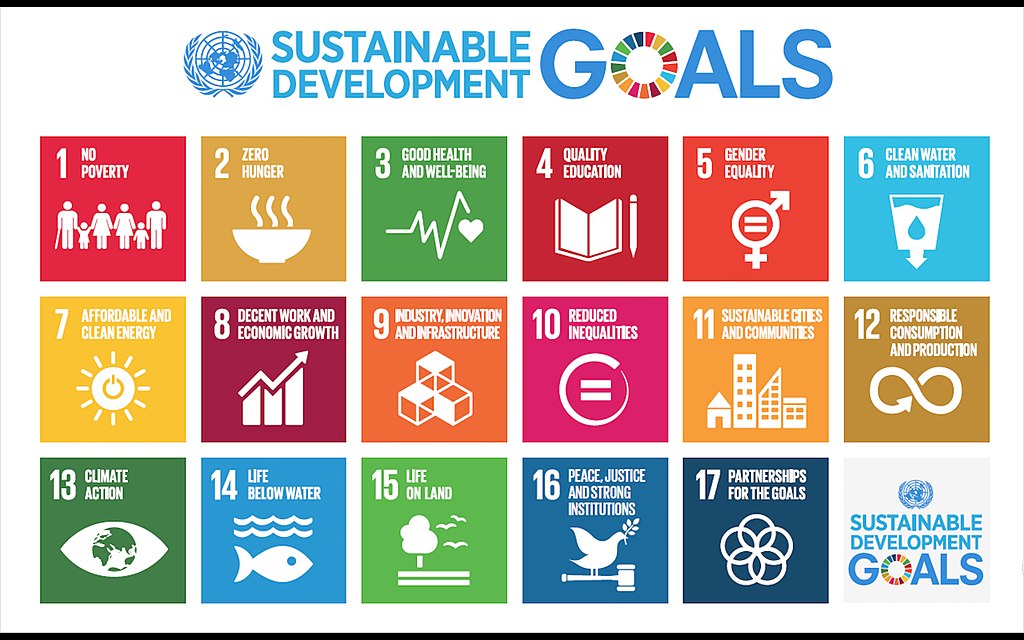
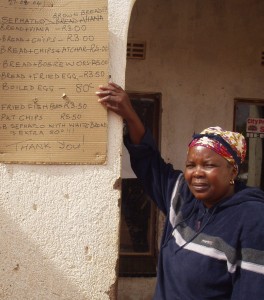 IDEAS was the lead trainer to teach the first 18 MFIs how to implement the draft Poverty Assessment Tools (PATs) that were being tested for practicality by The IRIS Center of the University of Maryland, the lead contractor for the development of the poverty indicators and the PATs under the USAID AMAP project. IDEAS was selected for the role of PAT training by IRIS because IDEAS has developed a strong international reputation over the last decade for being able to teach practitioners how to use a wide variety of evaluation tools with high quality results in a brief period. Helping the clients move out of poverty is a primary goal of most development organizations, including microfinance institutions (MFIs). Organization with USAID funding need to measure their progress in reaching this goal.
IDEAS was the lead trainer to teach the first 18 MFIs how to implement the draft Poverty Assessment Tools (PATs) that were being tested for practicality by The IRIS Center of the University of Maryland, the lead contractor for the development of the poverty indicators and the PATs under the USAID AMAP project. IDEAS was selected for the role of PAT training by IRIS because IDEAS has developed a strong international reputation over the last decade for being able to teach practitioners how to use a wide variety of evaluation tools with high quality results in a brief period. Helping the clients move out of poverty is a primary goal of most development organizations, including microfinance institutions (MFIs). Organization with USAID funding need to measure their progress in reaching this goal.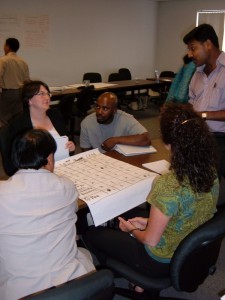 Often they contact one of the large for-profit consulting firms made up largely of North Americans or Europeans because they think that few others have this capability.
Often they contact one of the large for-profit consulting firms made up largely of North Americans or Europeans because they think that few others have this capability.